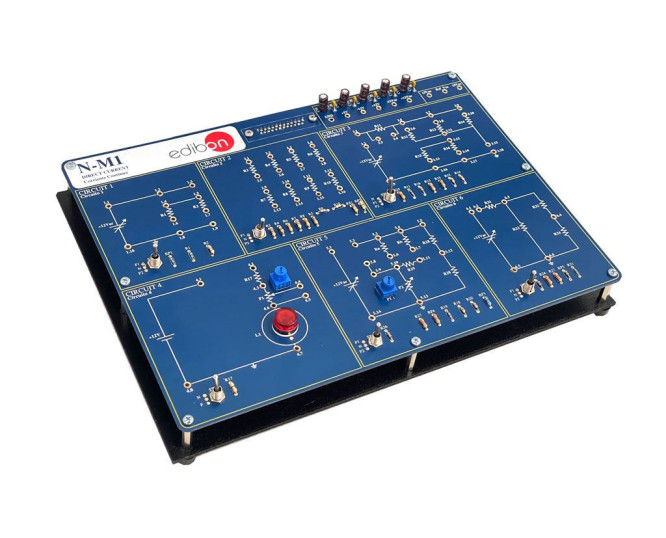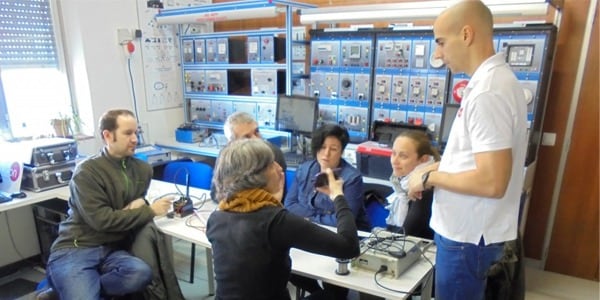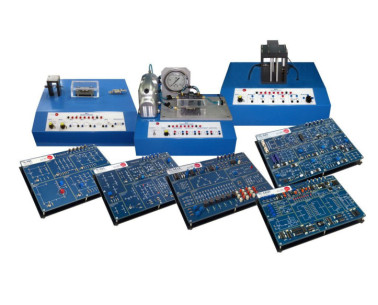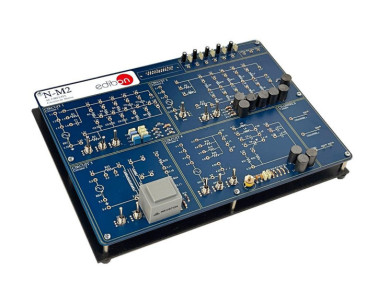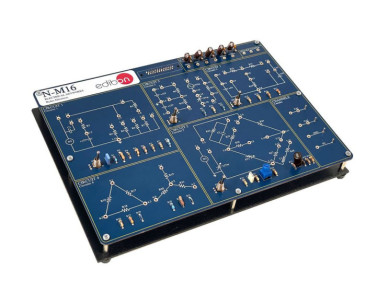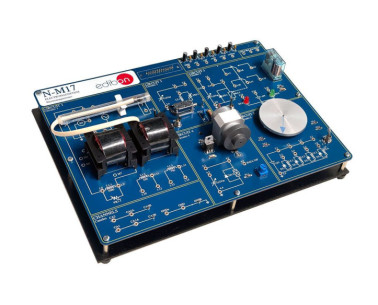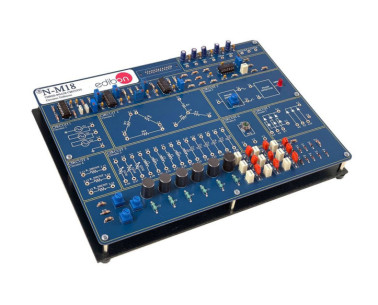EDIBON utilise ses propres cookies et ceux de tiers à des fins techniques, analytiques et publicitaires, y compris le profilage basé sur les habitudes de navigation. Vous pouvez accepter tous les cookies, les configurer selon vos préférences ou les refuser en cliquant sur « Configurer les cookies ». Pour plus d'informations, consultez notre Politique de Cookies.
Cookies nécessaires
Toujours actif
Ces cookies sont strictement nécessaires au fonctionnement du site, vous pouvez les désactiver en modifiant les paramètres de votre navigateur mais vous ne pourrez pas utiliser le site normalement.
Cookies utilisés
Cookies fonctionnels
Ces cookies fournissent les informations nécessaires aux applications du site lui-même ou intégrées par des tiers, si vous les désactivez, vous pouvez rencontrer des problèmes dans le fonctionnement de la page.
Cookies utilisés
Cookies de performance
Ces cookies sont utilisés pour analyser le trafic et le comportement des clients sur le site, nous aider à comprendre et comprendre comment vous interagissez avec le site afin d\'améliorer les performances.
Cookies utilisés
Cookies guidés
Ces cookies peuvent provenir du site lui-même ou de tiers, ils nous aident à créer un profil de vos intérêts et à vous proposer de la publicité en fonction de vos préférences et intérêts.
Cookies utilisés
Cookies analytiques
Sont ceux qui permettent l\'analyse du comportement des utilisateurs sur le site Web.
Cookies utilisés
You can enable, know, block or delete the cookies installed on your computer by configuring the options of the browser installed on your computer.
For example, you can find information about the procedure to follow if you use the following browsers:
Firefox from here: http://support.mozilla.org/es/kb/habilitar-y-deshabilitar-cookies-que-los-sitios-web
Chrome from here: https://support.google.com/chrome/answer/95647?hl=es
Explorer from here: https://support.microsoft.com/es-es/help/17442/windows-internet-explorer-delete-manage-cookies
Safari from here: http://support.apple.com/kb/ph5042
Opera from here:http://help.opera.com/Windows/11.50/es-ES/cookies.html
 Préférences sur les cookies
Préférences sur les cookies

